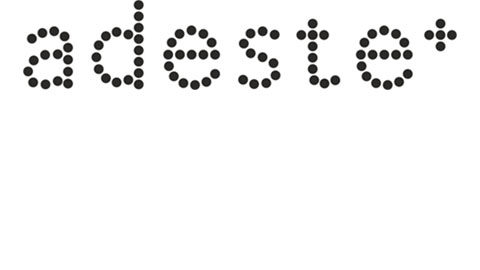The second episode of the European Conference 2020 took place on September 7. On this occasion the theme was “A new vision for culture? Integrity, direction and relevance”. This session looked at whether there is a balance to be struck, dealing at the same time with concepts of populism, elitism, inequality and democracy. Sajida Carr, ArjoKlamer, Francois Matarasso, Goran Tomka, Ana Žuvela, Philipp Dietachmair, Davor Mišković, Lana PavlovićAleksić and Macarena Cuenca participated in the second episode of the conference series.
Francois Matarasso and Sajida Carr spoke first about cultural participation and why it matters. Participation is not a fashion but a struggle. Participation in culture has won because it has become normal. Regarding cultural participation the question is no longer if people should participate but how.
The conflicted visions of democratisation of culture and cultural democracy remain central to policy and practice. On the one hand, the traditional modus operandi of cultural institutions has been based on appropriation more than on recognition while on the other hand, the cultural democracy perspective (founded on values such as inclusion, social engagement, sustainability, sharing, caring…) lead cultural organisations to the unknown, to processes where you never know what the outcome will be.
What is the reason of the lack of participation in culture? In ”Doing the Right Thing: A Value Based Economy” (2017) Arjo Klammer develops a value-based approach to the economy in general and the arts and culture in particular. To understand the value-based approach it is necessary to focus on two main concepts: common practices and the willingness to contribute.
The cultural sector is not dealing with audiences, it is dealing with participants or contributors. This presumption should change the whole traditional approach. How cultural institutions determine what is important for their stakeholders, their contributors or their participants? They need to figure out how to find out and evaluate what is important for their contributors. Then, those can show their willingness to contribute to the common practices cultural organizations have previously identified thinking of them.
Goran Tomka raised the concept of “intimate culture”. There is a direct need for arts and cultural professionals to think beyond institutions and to think of intimate spaces for communal life. How can we rethink the role of cultural institutions that involve not only public sphere but also the intimate one? The idea of intimate culture has a huge potential for the development of new connection with communities, but we still have a cultural system which is based on the idea of cultural industries.
Once again, much of the debate focused on the concepts of participation and institutional change. Are cultural institutions willing to change? Is the radical pluralism the way to democratise culture? The tension among cultural democratisation and cultural democracy reflects the institutional reticence to change, but bringing change to cultural institutions is the aim of Adeste Plus.
Episode 2 – Panel Session – A new vision for culture? Integrity, direction and relevance from Adeste Plus on Vimeo.
